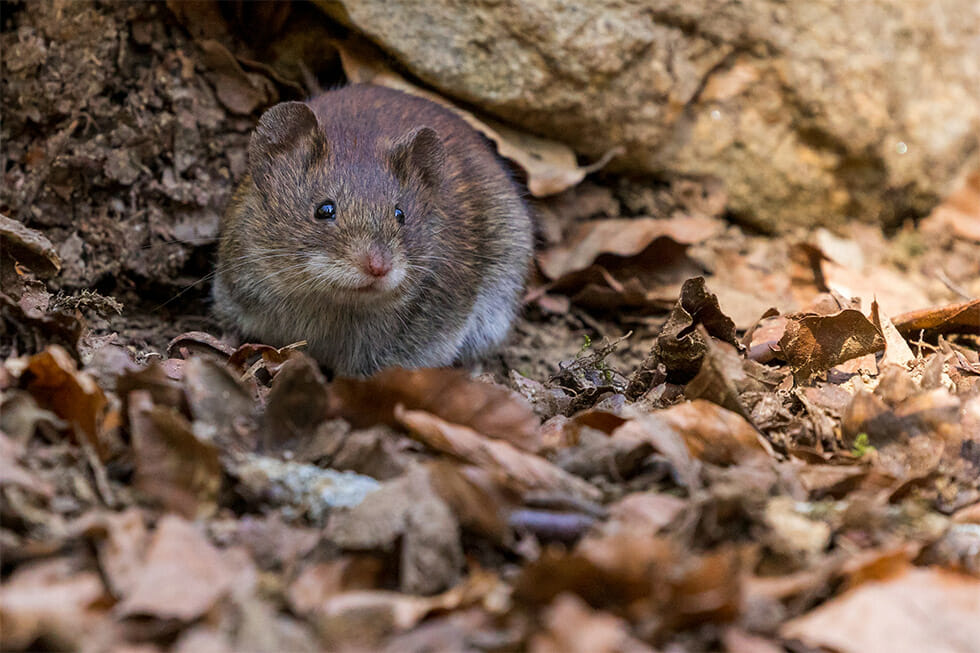
Mouse Plague – poisoning up 300%
With the recent mouse plague running rampage around regional Australia, Pet Insurance Australia is urging all pet lovers to ensure the safety of their pets.
“We’ve seen a 300% increase in claim payments in the past three months compared to the same months in 2020 for rat bait poisoning,” Nadia Crighton from Pet Insurance Australia says. “It’s really important that if pet owners are utilising rat baits to take extra precautions when it comes to their pets.”
For a dog, or cat rat bait can seem like a delicious find to a curious nose. However, it can cause deadly consequences for many pets. As it destroys the ability to make vitamin K, it can cause serious internal haemorrhaging and stop the body’s ability to clot.
Symptoms of poisoning include:
- Lethargic & general weakness
- White gums
- Cough
- Blood nose
- Bloated abdomen
- Blood in mucus
- Blood in urine or faeces
Symptoms can begin 2-4 days after the ingestion. Commonly the pet will begin to cough and blood could be present.
“Commonly the first area to be affected is the lungs that can cause difficulty in breathing,” Crighton says. “The pet may then also show symptoms of bloating in their abdomen.”
Treatment involves intravenous Vitamin K, in some severe cases, blood transfusions may be necessary.
“Recent common breeds claiming for ingestion of rat bait included Australian Terriers, Australian Kelpie Sheepdogs, Cattle Dogs, and Australian Shepherds, ”Crighton says. “You can tell by the breeds affected that they are mainly working dogs that are currently coming into contact with masses of rat baits.”
Prevention is key when utilising any type of poison in the home. Using a dog-proof bait station is paramount if you have pets in the home. Always ensure your baits are stored in a sealed waterproof container and kept away from pets. Do not allow your pets to investigate or be off-leash near any areas that have had mass rat bait drops. Keeping cats indoors and dogs on leash are the best way to preventing your pet from coming into contact with any poison.
“Ensuring you are only utilising pet-proof bait stations can help prevent your pet from suffering from severe poisoning,” Crighton says. “If you suspect your pet has ingested any bait, or you notice blue or green granules in your dog faeces, you must seek veterinary treatment quickly.”
Pets can also suffer from secondary poising if they have ingested a mouse/rat that has been poisoned. However, the pet would need to have ingested a sufficient amount to become to show any symptoms or become affected.
PIA has noticed claims of up to $11,000 for rat bait poisoning.
Featured by:
Photo by Zdeněk Macháček
Nadia Crighton is a renowned and accomplished professional in the fields of Journalism, Public Relations, and Writing, with an extensive career spanning over 25 years, 20 of which have been dedicated to promoting the health and well-being of pets.
Get the latest Pet Insider Tips & News
We offer award-winning* pet insurance policies to protect your furry friend’s health and wellbeing. Get a quote today and give your pets the care they deserve.
Archives
Categories
- Cat Care (64)
- Cats (1)
- Dog Care (124)
- Guides (28)
- Health and Nutrition (200)
- Lifestyle and Activities (218)
- Media Release (23)
- Pet Care (246)
- Rescue Dogs (1)


